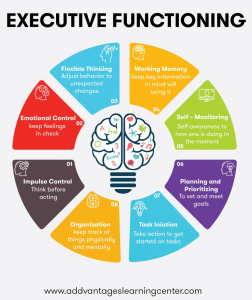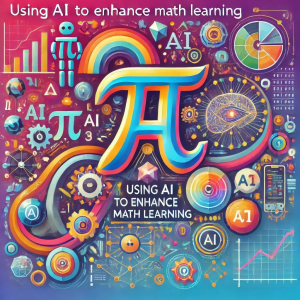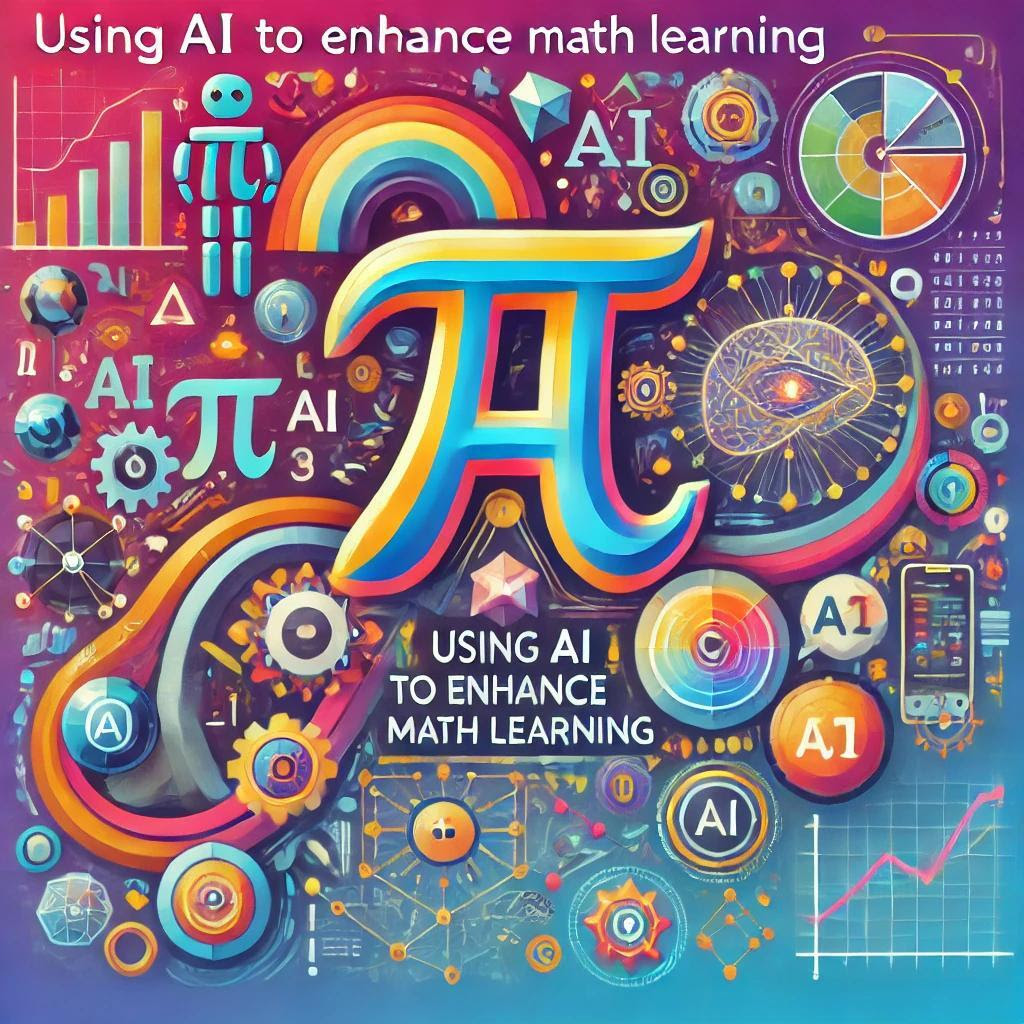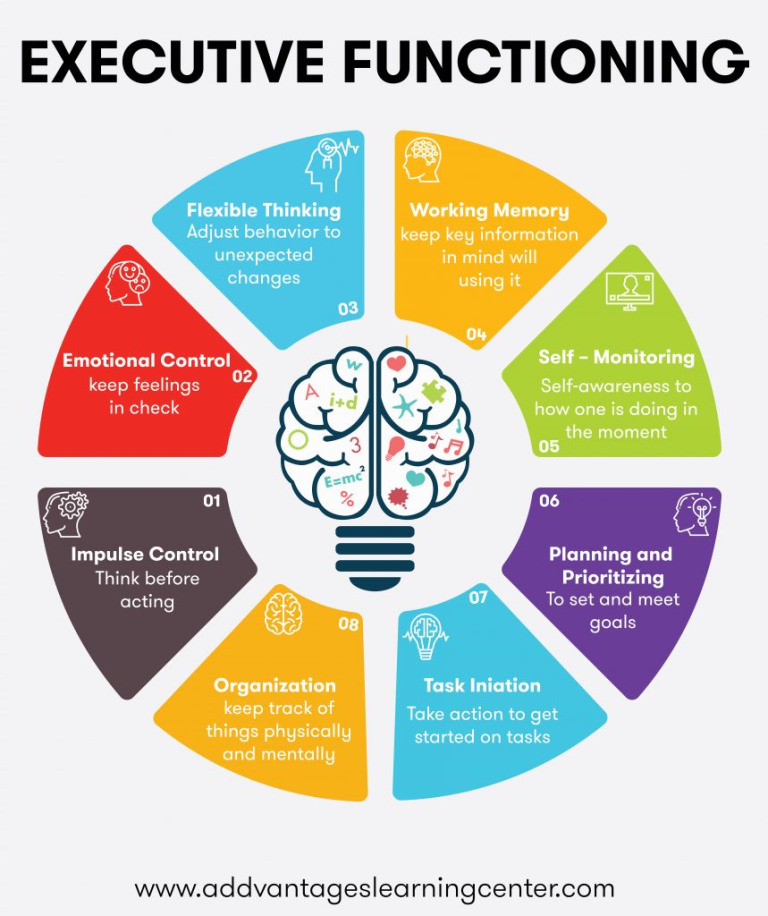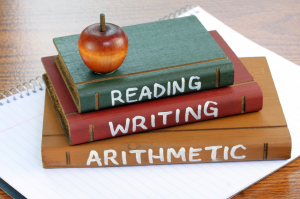AI in mathematics education is revolutionizing the way students learn and approach complex mathematical concepts. This emerging technology harnesses artificial intelligence and machine learning to create tailored educational experiences, making challenging subjects more accessible. As AI tools continue to evolve, they’re proving instrumental in automating theorem proving and enhancing problem-solving strategies within the classroom. With education technology integrating advanced algorithms, students are not only learning mathematics but also exploring innovative ways to apply these skills in real-world scenarios. The potential for AI in mathematics education is limitless, forever changing the landscape of how math is taught and understood.
Artificial intelligence is dramatically reshaping the landscape of learning in the field of mathematics. By employing cutting-edge systems and techniques, sometimes referred to as computational learning or smart algorithms, educators are finding new pathways to engage students in complex quantitative subjects. This innovation is not merely about facilitation; it’s also about inspiring a deeper understanding through dynamic interactions with mathematical principles. As automated reasoning tools and other innovative technologies gain traction, the boundaries of traditional math education are expanding. The fusion of math and modern technology is paving the way for a redefined learning experience that captivates the next generation of mathematicians.
The Role of AI in Mathematics Education
In the contemporary educational landscape, the integration of artificial intelligence in mathematics education is transforming traditional teaching methodologies. With tools powered by machine learning, educators are able to provide personalized learning experiences that adapt to the needs of each student. These AI systems assist in identifying a student’s strengths and weaknesses, allowing instructors to tailor instructional approaches that are more effective. For instance, platforms utilizing AI can analyze a student’s performance metrics in real time, providing instant feedback and adaptive pathways to ensure mastery of complex mathematical concepts.
Moreover, AI in mathematics education isn’t limited to just problem-solving and assessments. It can also enhance collaborative learning by enabling students to work together on mathematical challenges and share insights through AI-driven platforms. This technology fosters a deeper understanding of mathematics by encouraging peer learning and communication. As AI continues to evolve, it will likely play an increasingly pivotal role in reshaping educational practices in mathematics, making the subject more engaging and accessible for students at all levels.
Frequently Asked Questions
How is artificial intelligence reshaping mathematics education?
Artificial intelligence is transforming mathematics education by providing advanced tools that assist in problem-solving, personalized learning experiences, and enhancing teaching methods. AI systems can analyze student performance, adapt learning materials, and even automate theorem proving, which allows educators to focus on teaching critical thinking and creative problem-solving skills.
What role does machine learning play in mathematics education?
Machine learning enhances mathematics education by enabling adaptive learning platforms that tailor content to individual student needs. By analyzing data from students’ interactions and outcomes, these systems can offer personalized recommendations, identify areas needing improvement, and provide targeted practice, thereby making learning more efficient and effective.
Can AI systems effectively teach math concepts?
Yes, AI systems can effectively teach math concepts by using interactive and engaging methods, such as gamification and personalized feedback. They offer students real-time assistance, allow for instant assessments, and provide a vast array of resources, making complex mathematical ideas more accessible and understandable.
What is automated theorem proving and how is it used in math education?
Automated theorem proving is a process where algorithms validate mathematical theorems using computer systems, which significantly aids in education by providing students with instant feedback on their proofs. This technology helps students learn proof strategies and logical reasoning while minimizing the time educators spend on checking work.
How can artificial intelligence help students with math homework?
Artificial intelligence can assist students with math homework by providing step-by-step solutions, hints, and personalized explanations tailored to their understanding of concepts. This support helps clarify doubts, reinforce learning, and promote independent problem-solving skills.
What are the benefits of using education technology in mathematics classrooms?
The benefits of using education technology, particularly AI, in mathematics classrooms include enhanced engagement through interactive learning tools, instant feedback for students, personalized learning experiences, and a more efficient way for teachers to assess student progress and adapt their instructional strategies.
Are there any limitations to AI in mathematics education?
While AI has many advantages in mathematics education, there are limitations such as potential dependence on technology, the risk of oversimplifying complex concepts, and the need for continual updates to keep systems effective. Additionally, not all students may adapt well to AI-driven learning environments, which highlights the importance of balance between technology and traditional teaching methods.
How does AI enhance mathematical research and discovery?
AI enhances mathematical research and discovery by analyzing vast datasets to identify patterns and relationships that human researchers may overlook. Machine learning algorithms can accelerate the development of new theories and proofs, making it possible to explore and solve complex mathematical problems more quickly than traditional methods.
What impact does AI have on the future of mathematics education?
The impact of AI on the future of mathematics education is profound, as it is likely to lead to more personalized and interactive learning experiences. This evolution in education technology will foster deeper understanding, encourage innovative teaching practices, and prepare students for a rapidly changing technological landscape.
How can educators effectively integrate AI tools into their math curriculum?
Educators can effectively integrate AI tools into their math curriculum by first identifying the specific needs of their students and selecting appropriate AI resources that align with learning objectives. Training educators to use these tools, fostering a collaborative lesson design approach, and continually assessing the effectiveness of AI in enhancing student engagement and understanding will also contribute to successful integration.
| Key Point | Description |
|---|---|
| AI in Education | AI advancements have significantly impacted mathematics education, prompting a re-examination of teaching methods. |
| Performance Improvement | AI’s ability to solve complex mathematical problems has drastically improved over a short period, showcasing its potential as an educational tool. |
| Redesigning Curriculum | Instructors like Michael Brenner are adapting their teaching approaches to integrate AI, moving away from traditional assessments to collaborative problem creation. |
| Research Applications | AI is aiding breakthroughs in various mathematical fields such as knot theory and elliptic curves, revealing new relationships that were previously undiscovered. |
| Automated Theorem Proving | Generative AI is making automated theorem proving more efficient by translating human proofs into computer-verifiable formats. |
| Future Perspectives | The role of AI in mathematics is evolving, with expectations it will serve as an assistant for research, teaching, and complex problem-solving. |
Summary
AI in mathematics education is reshaping how knowledge is delivered and assessed in academic settings. With rapid advancements in technology, educators are beginning to trust AI for its problem-solving capabilities, leading to a transformation in traditional teaching methods. As we integrate AI into mathematical studies, we open the doors to new innovations in learning and discovery, promising a future where educational processes become more collaborative and less conventional.


